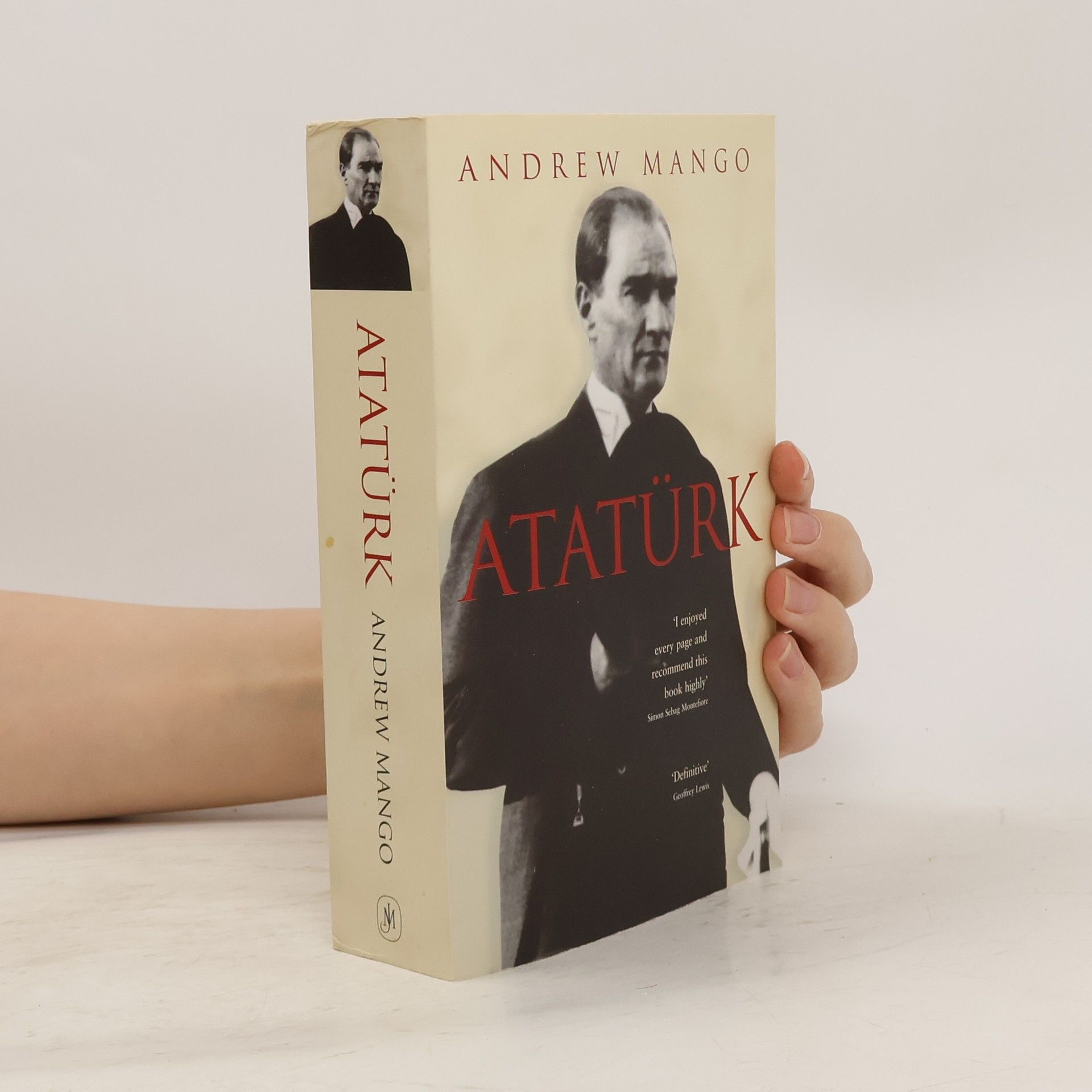The Turks today
- 304 pages
- 11 hours of reading
In this sequel to his acclaimed biography, "Ataturk," Mango provides a rich portrait, tracing the republic's development since the death of its founder and bringing to life the Turkish people and their vibrant society. 32 illustrations, 5 maps.

